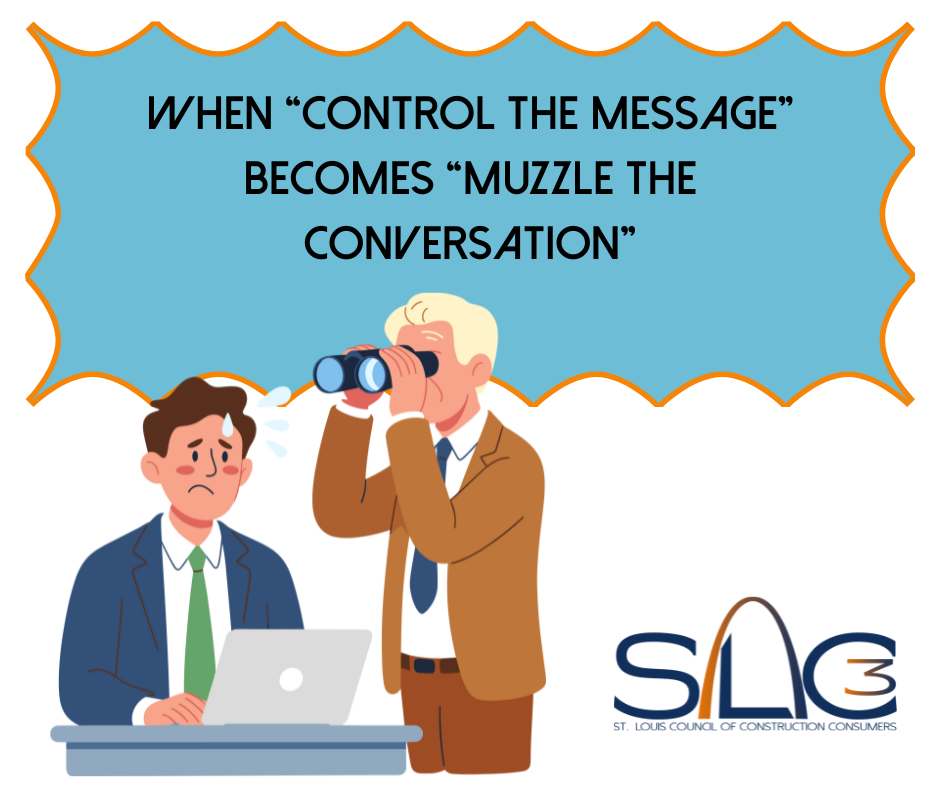By Kelly Jackson
It’s ironic, isn’t it? In an age when everyone preaches transparency and collaboration, some organizations still think they can control every word that gets said about them.
Lately, I’ve noticed an uptick in what I call PR overreach — when an entity (sometimes even well-meaning) tries to dictate what others can post, share, or even say about them online. It usually starts innocently: “Can you take that post down?” or “We’d prefer you not mention our name.” But it can quickly slide into territory that’s less about protecting a brand and more about policing the narrative.
Here’s the thing — public information is public. If something has already been released, shared, or made available through an event, website, or press release, it’s fair game for discussion. The goal of good communications isn’t to smother conversation; it’s to help shape it honestly.
A Few Rules of Engagement for the PR Overzealous:
- You can request, not demand. Unless there’s a legal or contractual reason, no organization owns the right to control another’s posts.
- Tone matters. The minute a “friendly heads-up” turns into a condescending order, you’ve lost the PR plot.
- Transparency beats control. The most trusted organizations are the ones that embrace dialogue, not the ones that hide behind message management.
- Respect professional autonomy. Other organizations, media outlets, and associations have every right to speak about shared work, public events, and collaborations.
- Play the long game. How you handle these moments reflects directly on your brand. Nobody remembers the post you didn’t like — but they’ll remember if you acted like a bully about it.
The best PR professionals know that control is an illusion. What really matters is credibility, trust, and tone. The more we try to sanitize every mention or micromanage every quote, the more disconnected we become from the community we’re supposed to engage.
At the end of the day, good PR isn’t about controlling the story — it’s about telling the truth well.






